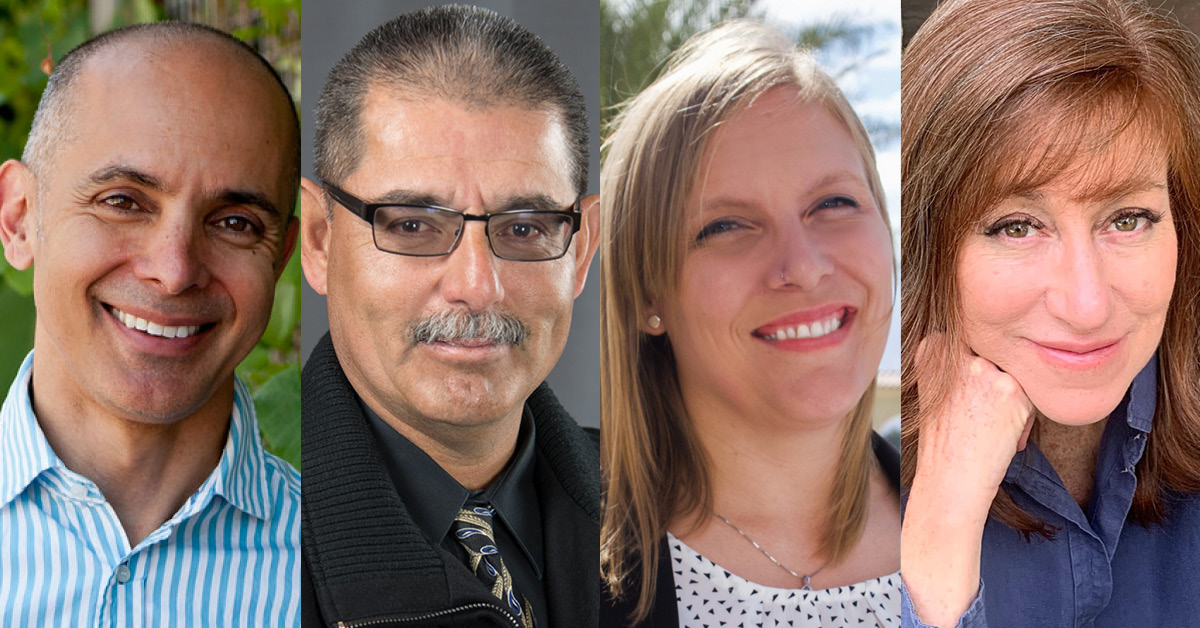
California’s smaller cities are pitied, when they’re thought about at all. Media coverage of towns, especially in rural areas, emphasize their poverty, their lack of amenities and people, or their supposedly clannish cultures or peripheral politics. But the reality is that small towns stand at the center of California’s biggest challenges—climate, energy, inequality, public health, education, water, broadband access, and homelessness. And some smaller and more remote places have found clever solutions to problems that bedevil big cities. What is it like to govern a small California town in the third decade of the 21st century? And what lessons can the rest of California learn from the struggles and successes of its smaller settlements?
Gonzales city manager Rene Mendez, Coachella councilmember and civil rights attorney Megan Beaman Jacinto, and former West Sacramento mayor Christopher Cabaldon visit Zócalo to discuss what makes a good small town.
The Takeaway
Small Towns Can Create Big Change
From Banning Private Prisons to Universal Broadband and Pre-K, Necessity and Opportunity Allow California Communities to Punch Above Their Weight
Before answering the question of the evening—“What Makes a Good Small Town?”—the panelists at a Zócalo/California Wellness Foundation event had to choose a definition. What, asked moderator and Los Angeles …





